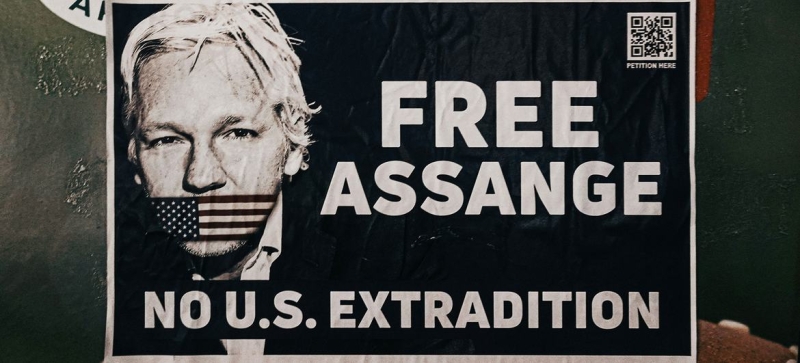
Julian Assange has been charged with 18 criminal charges in the US for his alleged role in illegally obtaining and disclosing classified documents. INTERVIEW | UN independent expert on the case of Julian Assange International Law
In an interview with Anton Uspensky of the UN News Service, the Special Rapporteur on torture and other cruel, inhuman or degrading treatment or punishment, Alice Jill Edwards, welcomed the release of Julian Assange and the negotiated settlement of the case.
WikiLeaks founder Julian Assange was released on June 25 from a British prison, where he had been held since 2019, and left the UK. According to press reports, Assange entered into a preliminary deal with US prosecutors accusing him of espionage, according to which the court will credit his time in prison in Britain.
“There have been many twists and turns in this protracted case, and this, in my opinion, is a very good outcome for Mr. Assange,” Edwards said. “I welcome his release, as well as the negotiated settlement of this case.” I think that the United States has come to a reasonable resolution to this case, in which Mr. Assange pleaded guilty to a number of crimes. The time served at Belmarsh, which I understand was five years, is considered sufficient punishment.”
There were many twists and turns in this protracted case , and this, in my opinion, is a very good outcome for Mr. Assange
“I think that, given the many different twists and turns, this is really the best result that could have been achieved on the legal and political front,” she added.
Julian Assange has faced 18 criminal charges in the US for his alleged role in illegal receipt and disclosure of classified documents related to national defense.
“Governments have the right to maintain a certain level of secrecy with respect to, in particular, diplomatic and military cables,” continues the Special Rapporteur, “but the level of confidentiality they enjoy to protect the public and national security does not extend to revelations of war crimes or any other human rights violations. Democratic countries bear responsibility and must be held accountable to their people [for such violations]. And for this it is necessary to ensure freedom of the press and journalistic control. These are the pillars of democracy.”
Read also:
UN expert on allowing Julian Assange to re-challenge in court the decision to extradite him to the United States
Alice Jill Edwards called on the United States to update its espionage and extradition laws. Today, she said, the United States is under the Espionage Act of 1917. or degrading punishment, including punishments disproportionate to any alleged crimes that may have been committed,” Edwards said. be investigated in the United States and those responsible brought to justice.
